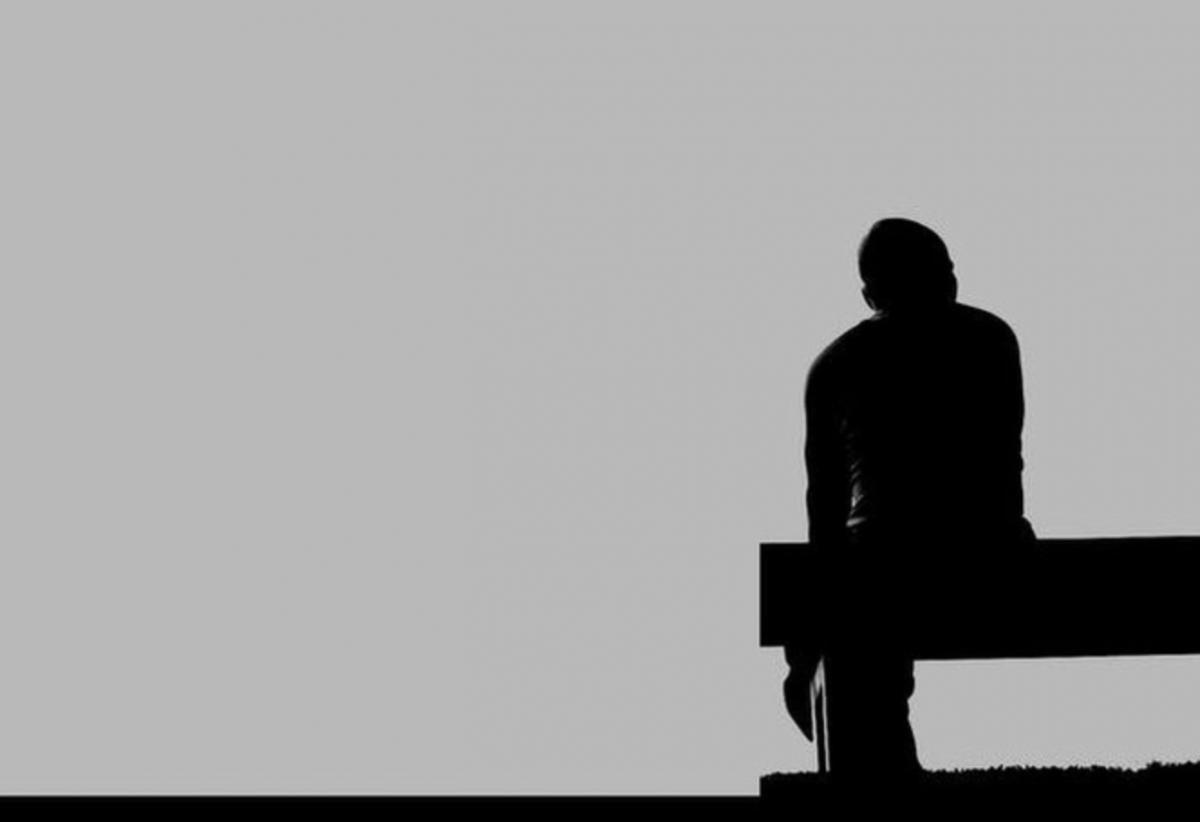Good news winds its way home; bad news comes at you hard and fast. I learned this a few days ago when my phone dinged. It was a text message: “I just heard that X passed away. I know you were close. Sorry.”
Right away, I knew what had happened. X was only forty years old. I first knew him as a high school student but over the years, X and his family became close personal friends. I knew X had struggled with depression for many years. He had gone off to college, but then came home after only a few months and never went back. He became a personal trainer and a seriously good chef; he loved to cook for his family and friends and always took good care of his body. But despite his appetite for physical fitness and eating nutritious food, he seemed to sink deeper and deeper into the black mire of depression. He ultimately became almost agoraphobic, rarely leaving his parents’ house.
I have learned a lot about depression over the last ten years. I have learned that it is a mental illness, a disease every bit as insidious as cancer or heart disease. But because it is stigmatized, mental illness, and the depression and suicide that can derive from it, is viewed differently. Suicide, as devastating as it is, is often seen as a cruel or selfish act, one that crushes the loved ones left behind who somehow have to pick up the pieces and move on.
I confess that not all that long ago, I was not very sympathetic to those who suffered from mental illness and the extreme pain that might cause someone like X to take his own life. Like Cher’s character in “Moonstruck,” I thought “Snap out of it!” But that has changed recently. In the past few months, my wife and I know of eight young men—eight!—who have taken their lives either by their own hand or because of an overdose of opioids or some other drug—willful or accidental, it hardly matters. All were under the age of forty and all were from upper middle-class families.
Many of my contemporaries have had elective surgery to repair a hip or shoulder or knee. At first, their aches and pains were relatively minor but inevitably the joint in question would deteriorate and the pain would become more and more severe. When the pain became so unbearable—when it was bone on bone—they each did what needed to be done and had the joint in question replaced. Most found immediate relief. Those kind of procedures were never an option for X. Although he had undergone years of therapy and was likely taking a lot of prescribed medications, those remedies weren’t successful because when X’s pain became unbearable—when his mind was bone on bone—he believed his only recourse was to take his own life.
Since that text message flashed on my phone, I haven’t been able to stop thinking about X. I speculate about what must have been going through his mind as he neared the black hole of suicide, but the truth is I have no idea. I guess he came to believe that only the eternal sleep of death would bring a measure of relieve and end his suffering. I only hope he glimpsed how much he was loved and how he will be missed.
There is terrible pain and anguish left in the wake of suicide. I feel both now. I wonder if I could have somehow helped prevent this tragedy by being a better friend. Maybe, but it’s too late for recrimination. We just have to keep caring for each other. It may also be true that mental illness and the severe depression that often accompanies it are part of the collateral damage inflicted on us by Covid-19, every bit as deadly as the virus itself. The first step in beating that disease lies in understanding the true nature of mental illness and of treating it like any other virulent disease.
I grieve for X and for all of us he left behind. I hope he’s finally resting in peace.
I’ll be right back.
Jamie Kirkpatrick is a writer and photographer who lives in Chestertown, MD. His work has appeared in the Washington Post, the Baltimore Sun, the Philadelphia Inquirer, the Pittsburgh Post-Gazette, the Washington College Alumni Magazine, and American Cowboy Magazine. Two collections of his essays (“Musing Right Along” and “I’ll Be Right Back”) are available on Amazon. Jamie’s website is www.musingjamie.com





Stephen Fye says
Your story came near to making me cry – what a life, both awe inspiring and lonely.